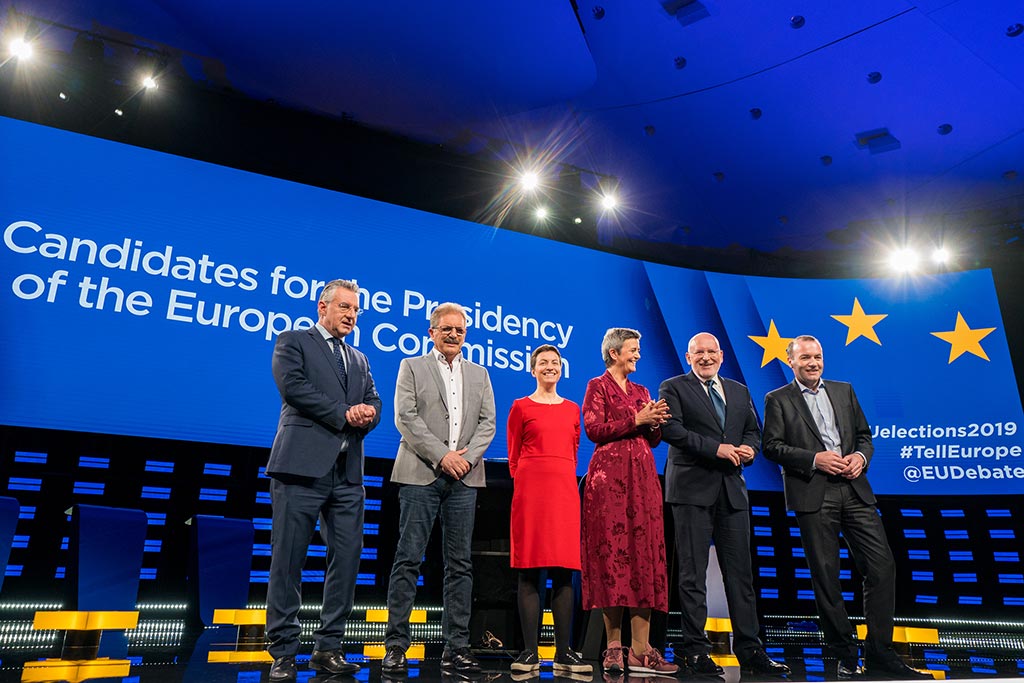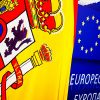
On the 23rd and 26th of May more than 400 million Europeans are due to vote in one of the largest democratic undertakings in the world (India’s is larger still) to elect the European Parliament, a chamber that co-legislates with the European Council on many matters, and acts as a sounding board for a nascent European consciousness. How many will vote? The turnout in these elections has been waning since they began in 1979, dropping from an initial 61.99% to 42.61% in 2014. This time there is much at stake, with nationalist-populist voices on the rise. But will it be enough to mobilise voters?
The support harvested by the nationalist-populists and other Eurosceptics will constitute the second figure to look out for after the elections, both at the continental level and how this translates into MEPs, and at the level of individual countries. This is because it may have a bearing on certain issues, such as the election of the next President of the European Commission, for which the traditional accord between conservatives/Christian democrats and socialists/social democrats, both on the wane, may be breaking down amid the rise of liberals, greens and the more radical left. It may catalyse new combinations. Some of the conservative leaders, like Angela Merkel, are on the way out in their own countries. Will she be revived for the European Council? The growth of nationalist-populist movements may also influence some of the decisions taken by the European Parliament, such as the sanctions to be applied against countries threatening democratic norms and the rule of law, like Poland and Hungary, precisely where Eurosceptics are strong.
Many of these Eurosceptics have changed their tune during the campaign. They know that the EU has gained in popularity, including in Hungary and more so in Poland, where people have a positive perception of their membership of the Union. In France, Marine Le Pen’s National Rally now no longer advocates leaving the euro, but it does support a return to strong national borders and a Europe of sovereign states.
It may be that the governments of these recalcitrant countries, including Italy, will nominate fiercely anti-European figures as candidates for the College of Commissioners, which could cause the institution to malfunction, even if the new President assigns them secondary posts. There are precedents. In certain cases, candidates aspiring to the Commission have been rejected for their past, albeit prior to their candidacies being made official.
Having said this, it would be a mistake to think that the nationalist-populists or the hard-right form a cohesive unit. These forces are still too disparate and unalike –to the regret primarily of Steve Bannon and his Movement– to shatter the European project on the EU scale; this contrasts with certain countries, at the national level, where they are already helping to break the party mould that has prevailed until now.
In this respect, providing the third thing to look out for, the national result attracting most attention is that of France and whether Marine Le Pen’s National Rally (RN) is capable of winning more votes/seats in this election than French President Emmanuel Macron’s En Marche. He is perhaps the leader who has the most developed vision of Europe’s future among EU countries at the moment, although some key partners, such as Germany under Merkel, do not entirely share it. Macron needs these elections to shore up his élan in the EU, and in France itself. The polls suggest they are neck-and-neck.
Fourthly, all eyes will be on the election results in the UK. As already pointed out in this blog, it could represent a watershed for the Brexit issue if new dynamics are put in play. The polls suggest that the party rising fastest is the resurrected Nigel Farage’s Brexit Party, whereas the Labour Party, with its vagueness, especially on a second referendum, is losing votes and the Conservatives are falling apart, creating the prospect of the Prime Minister, Theresa May, being replaced, probably by a Brexit hardliner. Advocates of remaining in the EU are hamstrung.
These elections will mark a new, more complex era, with more challenges but also new possibilities if the most pro-European parties, beyond the election of the President of the Commission, subsequently come together with an inspiring project for the EU capable not of halting but reversing nationalist-populist movements. This will of course require leadership and the right choices to be made when it comes to deciding the presidents of the institutions.


